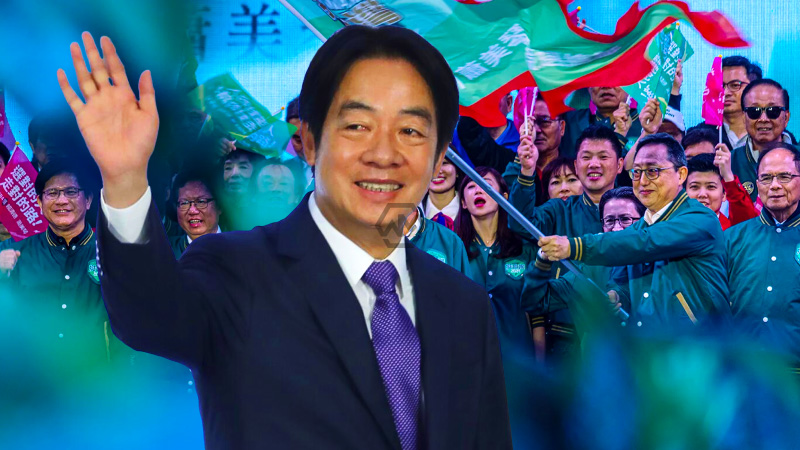- Under Taiwan’s constitution, the Republic of China is a sovereign expression, a view shared by the entirety of Taiwan’s vitally ideological groups.
- The Republic of China’s government escaped to Taiwan in 1949 after losing a nationwide conflict with Mao Zedong’s socialists, who set up the individual Republic.
Taiwan’s new president-elect, Lai Ching-te, is probably going to confront his hardest undertaking yet when he gets down to business in May and needs to manage the rage of China which has over and over reproved him as a perilous rebel.
Lai, who won Saturday’s political race, over and over said during his desired mission to keep the norm with China, which claims Taiwan similar to possess, and proposed to converse with Beijing.
Lai Ching-te Was Selected for the Election
In any case, in Beijing’s perspective, Lai, 64, is a nonconformist and “miscreant totally” for remarks he originally made in 2017 as chief about being a “specialist” for Taiwan’s proper freedom – a red line for Beijing.
The following year he told parliament he was a “useful laborer for Taiwan freedom”, prompting one Chinese paper, the broadly perused Worldwide Times, to call for China to give a global capture warrant for Lai and indict him under China’s 2005 Enemy of Withdrawal Regulation.
Lai keeps up with what he essentially implies Taiwan is now a free country. On the battlefield, he stayed by President Tsai Ing-wen’s line that the Republic of China – Taiwan’s proper name – and the Individuals‘ Republic of China are “not subordinate to one another”.
What stresses Beijing is the possibility that Lai could attempt to change the norm by proclaiming the foundation of the Republic of Taiwan, which Lai has said he won’t do.
The victor of Taiwan’s official political race says electors have shown the world “the amount we love a majority rules government” after his party, which champions independence from China, got a third term.



